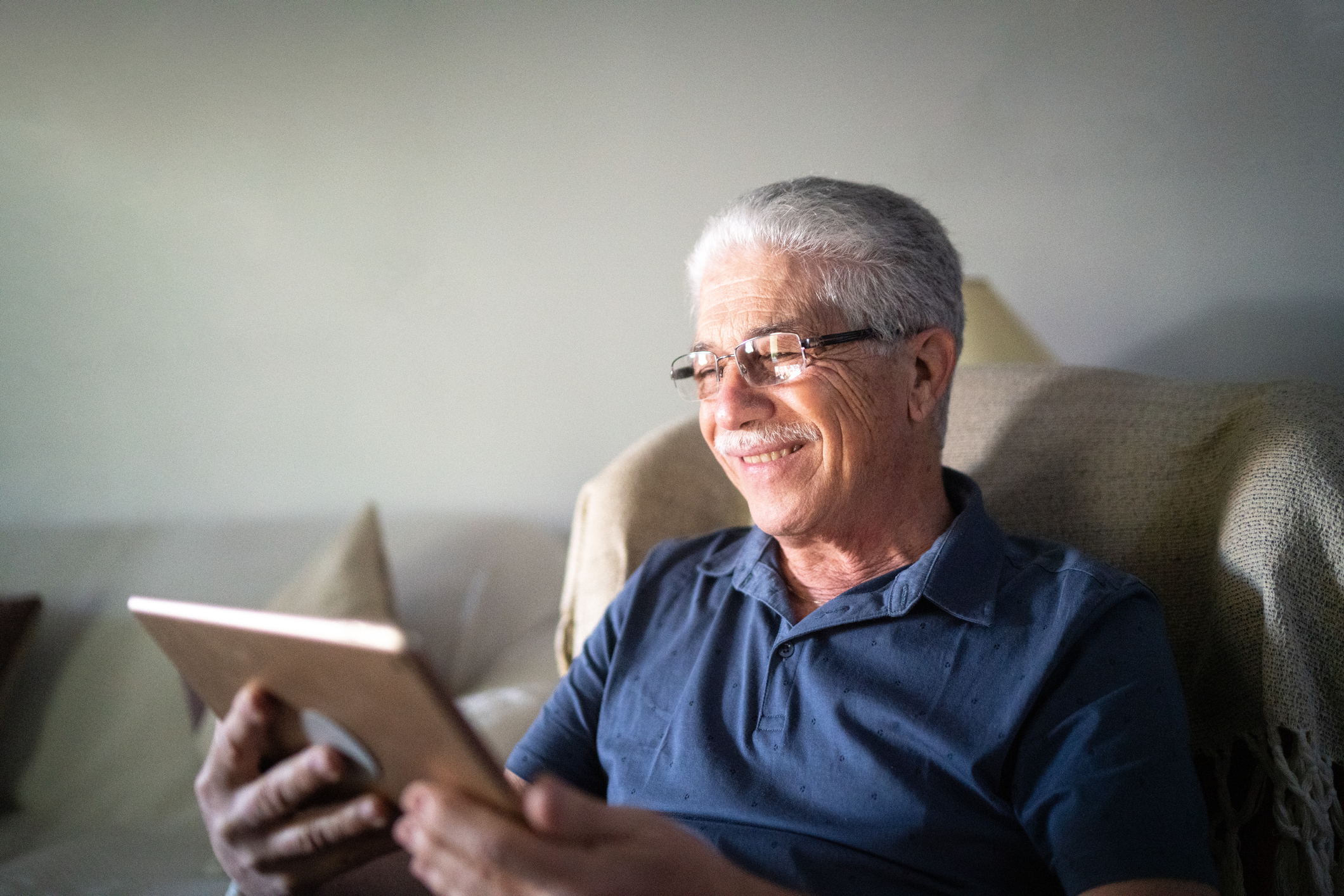It’s been pretty well documented that kids watching TV before bed could affect their sleep negatively, but a new study published in Pediatrics is showing that spending time with a small screen, say that from an iPhone, Droid or tablet, could be even worse.
Kids who slept near small screen devices reported getting even less sleep than those who had a TV in their room (although, those kids lost sleep, too). The reasoning behind this could be because of the prompted activity that these devices encourage.
Lead author, Jennifer Falbe, ScD, MPH, of the school of public health at the University of California in Berkeley, pointed out that the interactive nature of small screens is concerning. “These devices expose users to melatonin-delaying light, and they provide access to a variety of content like videos, games, and e-mails that could delay sleep,” she said.

With the Rise of AI, What IP Disputes in Healthcare Are Likely to Emerge?
Munck Wilson Mandala Partner Greg Howison shared his perspective on some of the legal ramifications around AI, IP, connected devices and the data they generate, in response to emailed questions.
For children, there is an association between sleep deprivation and mental health challenges like anxiety, depression or actual mental illness.
Jay Reeve, PhD, president and CEO of the Apalachee Center in Tallahassee, Fla., and assistant professor, department of psychology at Florida State University said that it would be worth while for pediatricians to ask children about their small screen device use in addition to the many other questions they may have when evaluating patients.
“When the kid gets brought in for a visit, I don’t think it would necessarily be a bad thing to say ‘Does Junior have a cell phone or an iPhone or a Droid? Does he sleep with the cell phone or the iPhone or the Droid in his room? Does he sleep with it in his bed?’ and to let that lead them into a standard series of questions about sleep and sleep disturbance,” Reeve said.
The challenging thing about a study like this is that it’s difficult to determine if a child is having a hard time sleeping, thus reaching for his or her small device, or if the device itself is causing the lack of sleep. Falbe acknowledges this and believes there could be other factors to poor sleep patterns, like parenting style.
Reeve says that’s why this would be considered “a valuable preliminary study,” but that it’s definitely worth taking a closer look at.
“These are the kinds of studies that if they’re followed up on and made available to general practitioners and to behavioral health clinicians are actually going to have a lot of impact on the way that people practice, and I think it could lead to some really positive results,” Reeve said.















